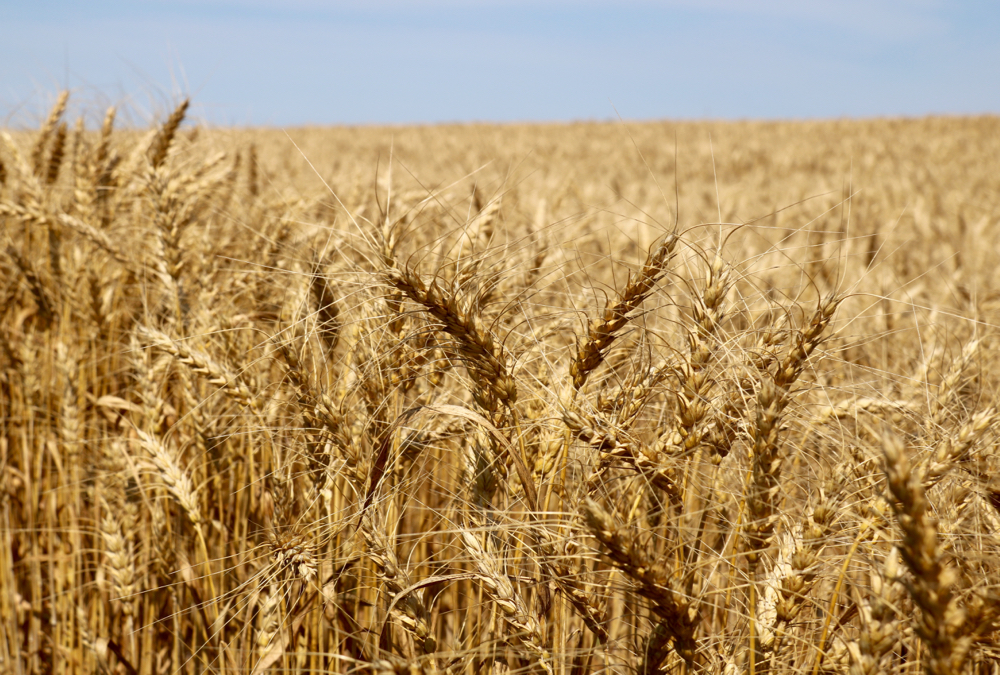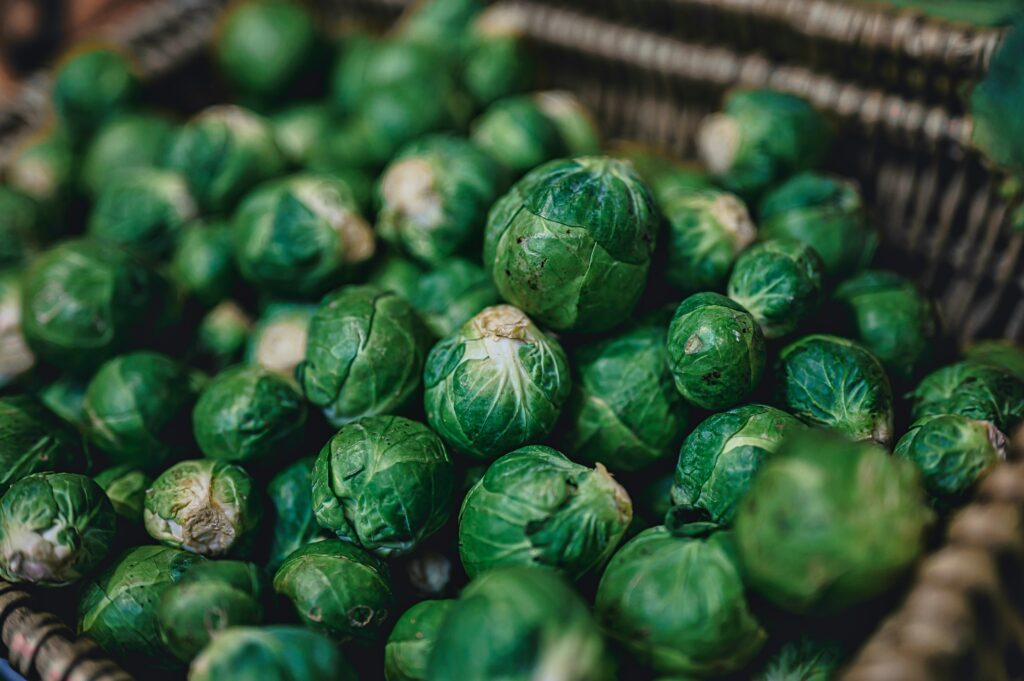From CO2Science: Alligatorweed (Alternanthera philoxeroides) is an invasive aquatic weed that has been plaguing China following its introduction to the country in the 1930s. The primary biological control against alligatorweed is the flea beetle (Agasicles hygrophila), which feeds upon and ultimately destroys the plant. Seeking to understand the effects of CO2 enrichment on the flea beetle and its host plant, Shi et al. (2019) grew alligatorweed plants in controlled-environment growth chambers under three CO2 concentrations (420, 550 and 750 ppm). Flea beetles were then fed a diet that consisted of host plants reared solely under one of the three CO2 treatments. Shi et al. then monitored a number of life parameters of the beetles, including hatching, development, survival and fecundity.
Paper reviewed: Shi, M.Z., Li, J.Y., Ding, B., Fu, J.W., Zheng, L.Z. and Chi, H. 2019. Indirect effect of elevated CO2 on population parameters and growth of Agasicles hygrophila (Coleoptera: Chrysomelidae), a biocontrol agent of alligatorweed (Amaranthaceae). Journal of Economic Entomology 112: 1120-1129.
In discussing their findings, the six Chinese authors report that “the fecundity, oviposition days, eggs per oviposition day, net reproductive rates, intrinsic rate of increase, and finite rate of increase [of A. hygrophila] all increased significantly at the high CO2 concentration.” And as a result of these observations, Shi et al. conclude that “the A. hygrophila population size will potentially increase rapidly over a short period of time at elevated CO2 concentrations,” indicating that “the efficacy of A. hygrophila as a biological control agent against A. philoxeroides will likely be increased at 550 and 750 ppm CO2.”
So it is that rising atmospheric CO2 will help keep the invasive alligatorweed at bay in the future by stimulating the maturation and reproduction of its biological control agent, the flea beetle.


